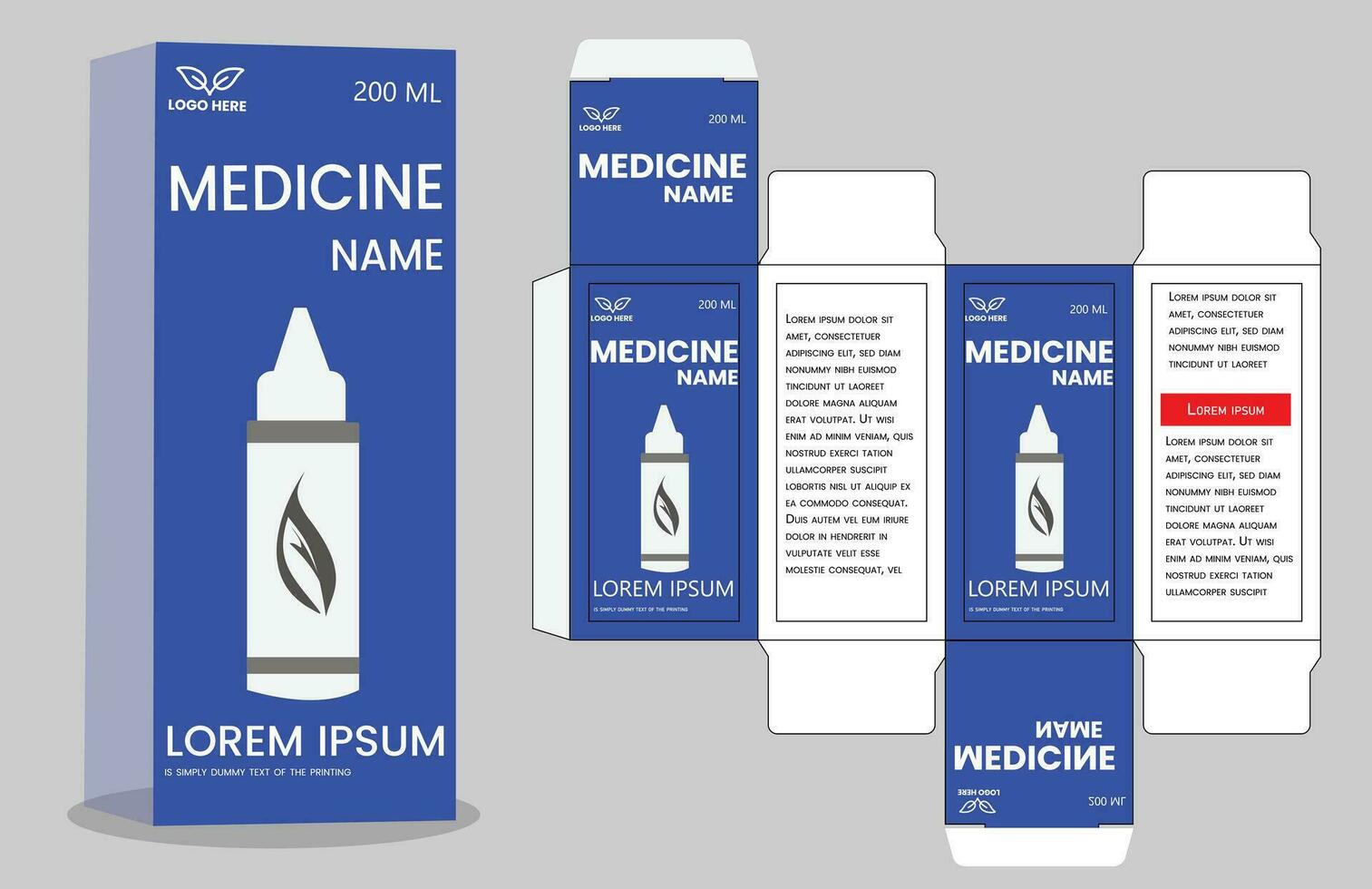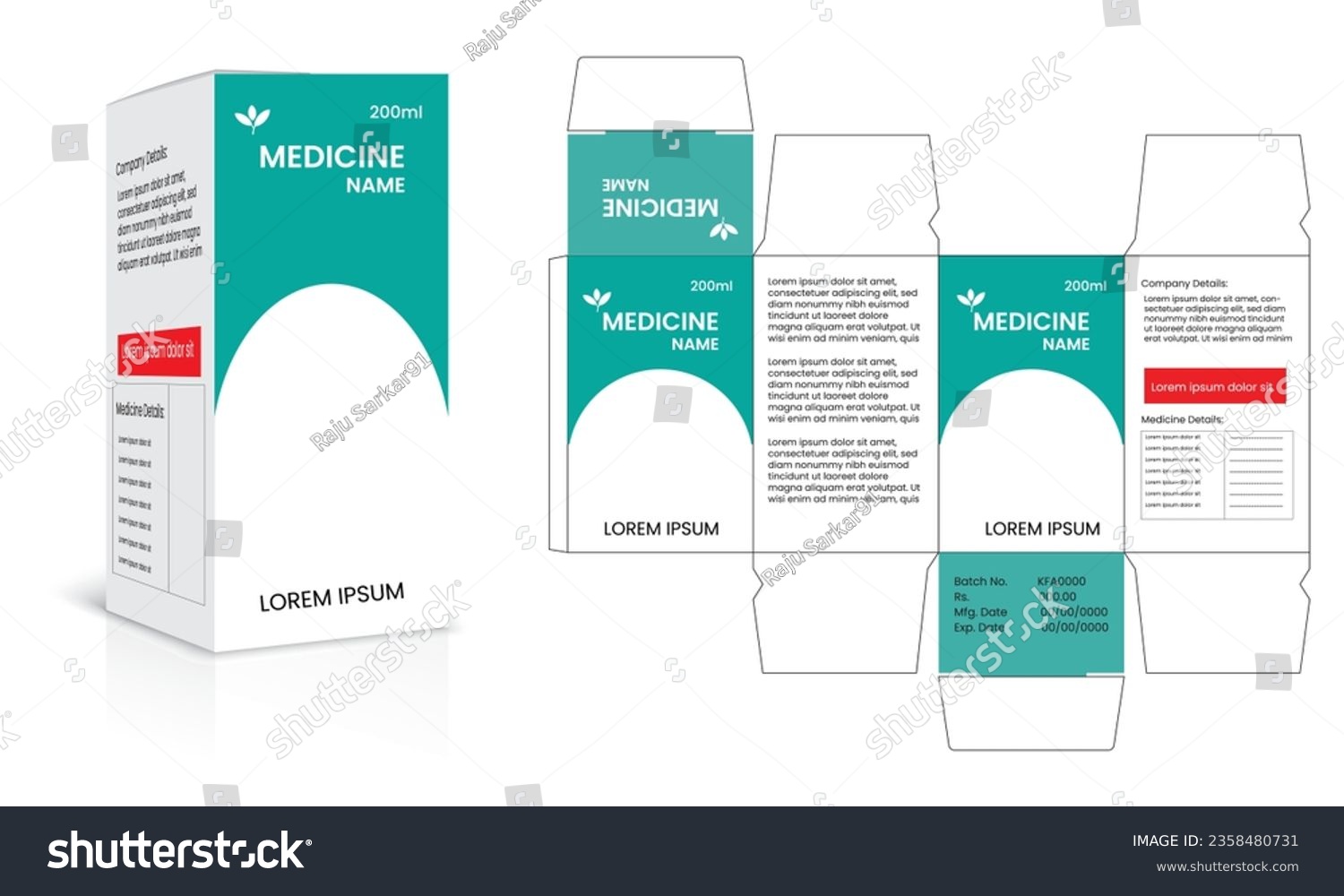- All
- Product Name
- Product Keyword
- Product Model
- Product Summary
- Product Description
- Multi Field Search
Views: 201 Author: XianDa Publish Time: 2024-12-05 Origin: Site

Content Menu
● How to Bring a Medicine Box on a Plane Carry-On
>> Understanding TSA Regulations
>> Special Considerations for Specific Medications
>> Video Guide on Traveling with Medication
>> Common Questions About Bringing Medication on Planes
>>> 1. Can I bring my medication without its original packaging?
>>> 2. Are there limits on how much medication I can take?
>>> 3. What should I do if I have multiple prescriptions?
>>> 4. Can I travel internationally with my medication?
>>> 5. What if my medication needs refrigeration?
>> Additional Tips for Traveling with Medication
>> Navigating International Travel with Medications
>> The Role of Medicine Paper Box Suppliers
>> Conclusion
Traveling by air can be stressful, especially when it comes to bringing necessary medications. Understanding the rules and regulations surrounding the transport of medicines is crucial for a smooth journey. This guide will provide you with detailed information on how to bring a medicine box in your carry-on luggage, ensuring that you remain compliant with airline and TSA regulations while keeping your health needs prioritized.


The Transportation Security Administration (TSA) has specific guidelines regarding the transportation of medications. Here are the key points to keep in mind:
- Medications in Liquid Form: You are allowed to bring medically necessary liquids in your carry-on bag in excess of 3.4 ounces (100ml). These do not need to be placed in the standard quart-sized bag but must be declared at the security checkpoint.
- Solid Medications: Pills and solid forms of medication can be carried in unlimited amounts, provided they are screened.
- Prescription Labels: While TSA does not require medications to be in their original prescription bottles, it is advisable to keep them labeled for identification purposes, especially for controlled substances.
- Screening Process: Medications will typically be screened via X-ray. If you prefer not to have them X-rayed, you can request a visual inspection before the screening process begins.
When packing your medicine box, consider the following tips:
1. Use a Clear Bag: Place all liquid medications in a clear, resealable plastic bag for easy access during security checks.
2. Keep Medications Accessible: Always pack your medications in your carry-on luggage rather than checked baggage to ensure immediate access if needed.
3. Documentation: Carry a copy of your prescriptions or a letter from your healthcare provider detailing your medical needs. This can facilitate smoother interactions with security personnel.
4. Avoid Overpacking: Only bring what you need for the duration of your trip plus a little extra in case of delays.
5. Check Destination Regulations: Some countries have restrictions on certain medications; check with the embassy or consulate of your destination country before traveling.
Certain types of medications may require additional considerations:
- Controlled Substances: If you are traveling with controlled substances (like narcotics), ensure you have proper documentation and check the laws regarding these drugs in both your departure and arrival locations.
- Injectable Medications: If you need to carry syringes or auto-injectors (like EpiPens), make sure they are clearly labeled and accompanied by a doctor's note if necessary.
- Refrigerated Medications: For medications that require refrigeration, consider using insulated bags with ice packs. Ensure that ice packs are frozen solid at the time of security screening.
Here are some frequently asked questions regarding traveling with medication:
Yes, while it is not required by TSA, keeping medications in their original packaging is recommended for identification purposes.
There are no limits on solid medications; however, liquid medications must be declared and can exceed 3.4 ounces if deemed medically necessary.
Carry documentation for each prescription, including a letter from your doctor if possible, to avoid complications at security checks.
Yes, but check the regulations of both your departure and arrival countries as some medications may be restricted or require additional documentation.
Pack it in an insulated bag with frozen ice packs and inform security personnel about its need for refrigeration during screening.
To further ensure that your travel experience is as smooth as possible when carrying medications, consider these additional tips:
- Plan Ahead: Before traveling, create a checklist of all medications you need to bring along. This will help ensure you don't forget anything important.
- Use Pill Organizers: If you're taking multiple medications, consider using a pill organizer labeled by day or time. This makes it easier to manage dosages while traveling and can reduce confusion during busy travel days.
- Stay Informed About Airline Policies: Different airlines may have varying policies regarding the transport of medications. Check your airline's website or contact their customer service for any specific requirements they may have.
- Emergency Contact Information: Keep an emergency contact list that includes your healthcare provider's information and any relevant medical history that might assist medical personnel in case of an emergency during your travels.
- Consider Travel Insurance: If you rely heavily on certain medications, consider purchasing travel insurance that covers medical needs abroad. This can provide peace of mind should any issues arise during your trip.
Traveling internationally adds another layer of complexity when it comes to carrying medications. Here are some considerations:
- Research Local Laws: Some countries have strict regulations concerning certain drugs that may be legal in your home country but illegal abroad. Research these laws well before departure.
- Translation Services: If you're traveling to a non-English speaking country, consider having your prescriptions translated into the local language. This can help avoid misunderstandings at pharmacies or hospitals.
- Local Pharmacies: Familiarize yourself with local pharmacies at your destination where you might be able to refill prescriptions if necessary. Knowing where these are located can save time and stress during emergencies.
When packing medicines for travel, using appropriate containers is essential for maintaining organization and safety. This is where medicine paper box suppliers come into play. These suppliers provide specialized packaging solutions designed specifically for pharmaceuticals:
- Durability and Protection: Medicine boxes made from quality materials protect against physical damage during transit and help maintain the integrity of the medicines inside.
- Customizable Options: Many suppliers offer customizable packaging options that allow travelers to label their boxes clearly, making identification easier during security checks or emergencies.
- Sustainability Considerations: As environmental concerns grow, many medicine paper box suppliers now offer eco-friendly packaging options that reduce plastic waste while still providing necessary protection for medicines.
By sourcing from reputable medicine paper box suppliers, travelers can ensure their medications are stored securely while also being mindful of environmental impacts.
Traveling with medications doesn't have to be complicated if you follow these guidelines. By understanding TSA regulations and preparing adequately, you can ensure that your health needs are met while traveling by air. Always stay informed about both domestic and international regulations regarding medications to avoid any issues during your journey.
By planning ahead and utilizing resources such as medicine paper box suppliers, you can enhance both the safety and organization of your travel experience. Remember that being prepared is key; having all necessary documentation and understanding the rules will help make your journey smoother and more enjoyable.
---